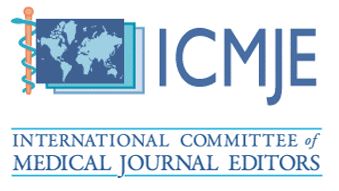Comparative Assessment of Octenidine and Chlorhexidine Mouthwash in Gingivitis and Periodontitis Patient: A Clinical Trial
Neha1* and Shemina Basheer2
1 MDS, Department of Periodontology and Implantology, Crown Dental Care, Bathinda, Punjab, India.
2 BDS, AL Azhar Dental College, Thodupuzha, Kerala, India.
*Corresponding Author: Neha, MDS, Department of Periodontology and Implantology, Crown Dental Care, Bathinda, Punjab, India.
DOI: https://doi.org/10.58624/SVOADE.2023.04.0162
Received: November 19, 2023 Published: December 12, 2023
Abstract
Background: A common and tried-and-true ingredient in mouthwashes that works well against the development of plaque, gingivitis, and oral microbial growth is chlorhexidine gluconate (CHX). However, when it must be taken for an extended period of time, its benefits are limited by the accompanying side effects, which include taste modification, cytotoxicity, supragingival calculus formation, mucosal irritation, and tooth discoloration. In the 1980s, octenidine dihydrochloride (OCT), a new antibacterial cationic surfactant molecule, was produced at the Sterling-Winthrop Research Institute in Rensselaer, NY. OCT binds to negatively charged microbial surfaces and has a strong adherence to lipid components, which causes disruption of the cell membrane of bacteria, yeast, and fungus.
Aim: The purpose of the study was to evaluate the efficacy of mouthwashes with 0.1% octenidine and 0.2% chlorhexidine in patients with gingivitis and periodontitis.
Material and Method: Participants in this clinical experiment were split into two groups, each consisting of forty patients with periodontitis and gingivitis. Next, as an addition to scaling and root planning (SRP), 20 patients from each group were provided chlorhexidine mouthwash and 20 patients were recommended to use octenidine mouthwash. At baseline and three months later, clinical measures such as the O’Leary plaque index (PI), bleeding index, probing pocket depth (POD), and clinical attachment loss (CAL) were assessed.
Result: All clinical measurements showed that the Octenidine group performed much better than the chlorhexidine group in both the gingivitis and periodontitis groups.
Conclusion: When compared to chlorhexidine, Octenidine performed better across all of the previously listed clinical parameters. As a result, it can be regarded as a promising mouthwash for upcoming medical and scientific investigations.
Keywords: Mouthwash, Octenidine, Chlorhexidine, Gingivitis
Citation: Neha, Basheer S. Comparative Assessment of Octenidine and Chlorhexidine Mouthwash in Gingivitis and Periodontitis Patient: A Clinical Trial. SVOA Dentistry 2023, 4:6, 276-280.











